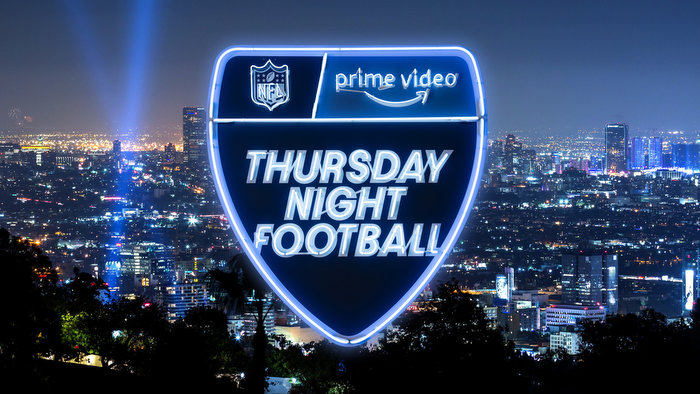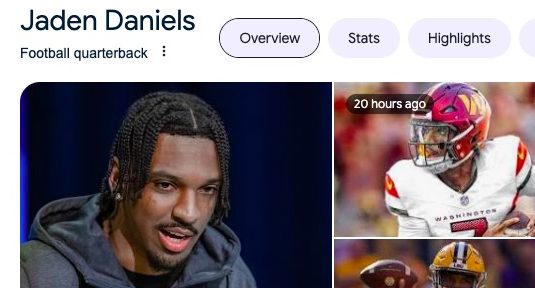Flex scheduling for Thursday Night Football is something that has picked up steam over the past couple of months. Right now, the NFL decided to table a vote and push discussion to their next owners meeting in May. That might sound like it’s not happening, but if you read Peter King’s Football Morning in America column, flex scheduling on Thursday night seems like it’ll eventually happen.
King revealed that in a vote at last month’s owners’ meetings, it was 22-8 in favor of Thursday flex scheduling with two teams abstaining. A total of 24 votes is needed to pass.
Four of the eight teams who voted against flex scheduling were the New York Giants, New York Jets, Chicago Bears, and Green Bay Packers. The two abstentations were the Carolina Panthers and Denver Broncos.
If this passes, it means Amazon can flex a Sunday afternoon game into the Thursday night slot during weeks 14 through 17. It’s easy to see why NFL owners and Commissioner Roger Goodell would love this, as it ensures a better matchup in prime time and likely consists of more revenue and higher viewership.
However, some owners realized this is a bad deal for fans and players and voted accordingly. Giants co-owner John Mara was the most vocal against flexing a Thursday night game. He wasn’t entirely thrilled with ESPN gaining the ability to flex a game to Monday night either, but regarding moving a game to Thursday night, Mara called the idea “abusive.”
Flex scheduling on Thursday night might be a great idea in theory, but it’s bad for players and fans going to games. For players, many of them feel that playing on three days rest increases the risk of injury compared to playing on Sunday or Monday. It’s also less prep time when a team has to play on Thursday. NFL owners already approved a rule that increased the number of games a team can be on Thursday night.
For fans, getting a ticket for an NFL game costs a lot of money, much less someone coming from out of town and needing to make travel arrangements to go to the game. If you spend a couple grand on flights, hotels, and tickets to an NFL game, you don’t want to do that and then find out 15 days before that the game you were supposed to attend is now three days earlier than you expected. That means changing flights and hotels and probably taking two days off of work. If you’re bringing a family, that also means taking your kids out of school for a couple days.
Many fans will need to consider the possibility of avoiding going to games in those four weeks, or else they could be screwed. Maybe the NFL will gamble on the fact that if you’re spending a small fortune to attend a game, you’re willing to change your plans so your tickets don’t go to waste. Instead, that might result in fans just not bothering with the risk.







